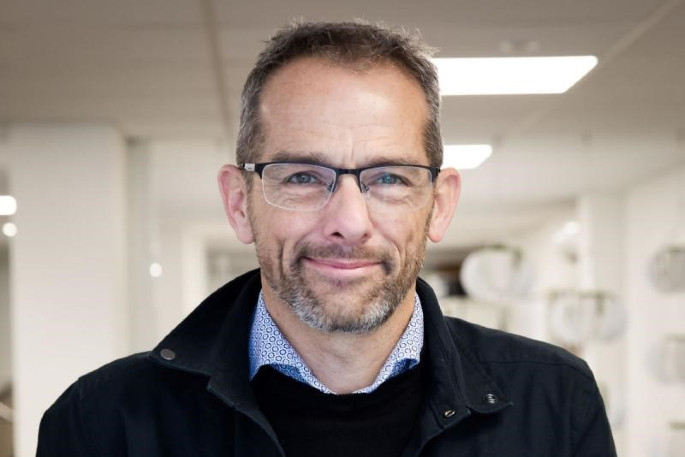This Content Is Only For Subscribers
More than 90 tourism leaders from across New Zealand are gathering in Rotorua this week to attend the Te Ūnga Mai wānanga (learning forum) which combines thought-leadership with practical, on-the-ground examples to enable regional tourism organisations to advance the priorities in the 29 destination management plans.
Regional Tourism New Zealand chair David Perks says Te Ūnga Mai is helping to push the boundaries of the importance of sustainable tourism management in New Zealand.
“This is the most complex and challenging time for tourism in decades – the impacts of climate change on our eco-systems and biodiversity, the risks around social licence, concerns around ‘over-tourism’ in some places, global economic head-winds and geo-political tensions are all having a significant impact. We are not immune to this.
“RTOs, with the communities they represent, are at the forefront of dealing with these complexities, and Te Ūnga Mai is helping to equip them with the tools needed for successful destination stewardship,” he says.
Eight Pacific Island nations and their industry body, Pacific Tourism Organisation, are also joining the New Zealand Tourism Award-winning programme’s wānanga. This is the first time New Zealand and Pacific Island tourism organisations have joined forces in this way and David says this a great opportunity to share best practice in destination stewardship as they too face similar, but also their own unique, challenges.
The four-day wānanga programme includes keynote presentations, case studies and panel discussions as well as interactive workshops and educational visits to Rotorua tourism operators who are leaders in sustainable and regenerative tourism practices.
Keynote speaker, Jeremy Sampson, CEO of leading global NGO, The Travel Foundation, says the tourism sector plays a critical role in tackling climate change head on, and that the RTOs in New Zealand are among the vanguard world-wide in seeking solutions and championing an approach that puts communities and environment at tourism’s heart.
“In the current trajectory, tourism’s carbon emissions are set to rise steeply, not fall, likely to increase more than 70 per cent by 2050 from 2019 levels.
“In order to ensure a thriving future for the tourism industry, we know that we must work together to reach global climate goals and adapt to the increasingly challenging impacts of climate change. The shape of travel must change as we go forward.
“The work that Regional Tourism New Zealand is leading to enable effective destination management is crucially important in helping to turn the tide and should be commended. We must come together as a sector and as an international community to foster innovative solutions for what is one of humanity’s biggest challenges,” he says.
Andrew Wilson RotoruaNZ CE says hosting Te Ūnga Mai is a fantastic opportunity to showcase the work RotoruaNZ and the city’s tourism operators are doing to further destination stewardship in one of the country’s most iconic visitor destinations.
“Like all of our regional counterparts, sustainable and regenerative tourism is an essential part of the future of Rotorua as a destination. We are very proud of the work our industry is doing to make a positive difference for the environment and for our communities through initiatives such as Rotorua Canopy Tours’ extremely successful efforts to restore the sick and pest-ridden Okoheriki forest (Dansey Road Scenic Reserve) to pre-human existence,” he says.
Regional Tourism New Zealand believes that it is imperative New Zealand builds resilience in the tourism system, so that the sector can collectively continue to contribute positively to thriving regions.
“While the previous two years of Te Ūnga Mai have been about learning and developing destination stewardship skills, this wānanga offers the opportunity for us to celebrate the inspiring steps taken by our RTOs in the last three years to truly make a positive impact and build a better future for their communities,” Regional Tourism New Zealand’s director – destination management, Kiri Goulter says.



